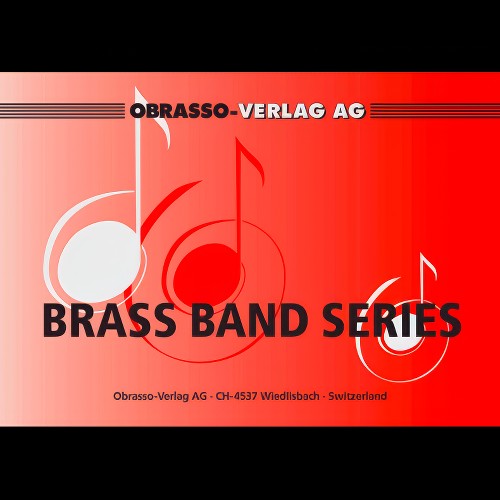We've found 373 matches for your search. Order by
Results
-
 £50.90
£50.90OVER THE RAINBOW (Trombone Solo with Brass Band) - Arlen & Harburg - Fernie, Alan
Grade: Medium.
Estimated dispatch 7-14 working days
-
 £50.90
£50.90POKAREKARE ANA (Trombone or Eb Soprano Cornet Solo with Brass Band) - Richards, Goff
Love Song. Grade: Easy/Medium.
Estimated dispatch 7-14 working days
-
 £24.95
£24.95RECITATIVE AND ROMANCE (Trombone Solo with Brass Band Set)
Estimated dispatch 7-14 working days
-
 £50.90
£50.90SOMEBODY'S TUNE (Bass Trombone Solo with Brass Band) - Broadbent, Derek M.
Grade: Easy/Medium.
Estimated dispatch 7-14 working days
-
 £50.90
£50.90SOMETHING (Trombone Solo with Brass Band) - Harrison, George - Richards, Goff
Grade: Medium.
Estimated dispatch 7-14 working days
-
 £24.95
£24.95SOUND AN ALARM (Trombone Solo with Brass Band Set) - Handel, George Frideric
Estimated dispatch 7-14 working days
-
 £26.50
£26.50The Acrobat (Trombone Solo with Brass Band)
Please note that there is no score included in this set. A full score is not available for this work
Estimated dispatch 7-14 working days
-
 £54.20
£54.20TROMBONOLOGY (Trombone Solo with Brass Band) - Dorsey, Tommy - Fernie, Alan
Grade: Medium/Difficult.
Estimated dispatch 7-14 working days
-
 £50.90
£50.90Wandrin' Star (Bass Trombone Solo with Brass Band - Score and Parts) - Lerner & Loewe - Fernie, Alan
Duration: 4:15
Estimated dispatch 7-14 working days
-
 £50.90
£50.90WHAT KIND OF FOOL AM I? (Trombone Solo with Brass Band) - Smith, Sandy
Grade: Easy/Medium.
Estimated dispatch 7-14 working days
